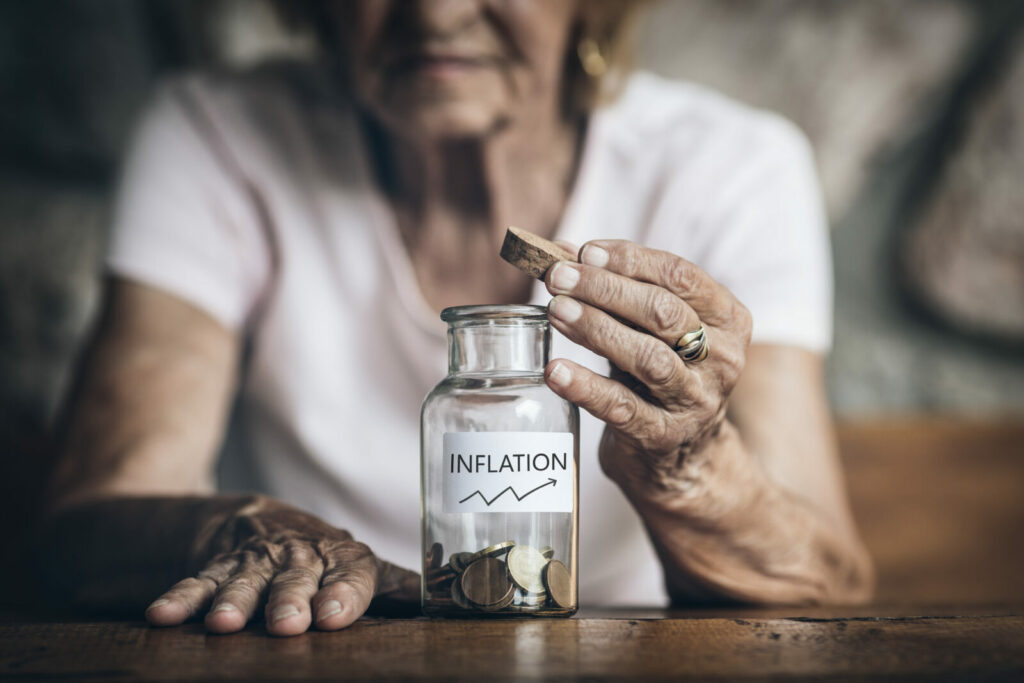According to an OpinionWay survey for Younited in September 2022, a large majority of the over-65s (65+) believe, like the general population, that inflation will be sustainable (88%). However, slightly fewer of them than the under-64s say that this will have a concrete impact on their daily lives (79%).
The attitude of those aged 65+ towards inflation tends to follow that of the younger generations, but to a slightly lesser extent. Indeed, 39% of the 65+ say they have reduced their spending compared to 47% of the under 64s (+8ppt). Similarly, 19% of the older generation say they have postponed their spending, while 27% of the under-50s have done so. Those aged 65 and over are the ones who say they have adapted their spending the least, 17% compared to 11% of those under 64.
The expenditure items on which the over-65s have had to make choices are home and leisure expenses (78%) and everyday expenses (76%). As with their attitude to inflation, the over-65s follow the trend of younger people, but again in lower proportions. Retired people stand out as having less of a trade-off than working people:
- Spending on cultural outings (59% vs. 68% among 50-64 year olds)
- Travel and holidays (57% vs. 63% among 50-64 year olds)
- Spending on wellbeing (hairdresser, beautician, massage, etc.) (52% compared to 72%) among 18-24 year olds
What characterises the 65+ age group compared to the younger age group is that they say they are resigned to this new situation (35%) compared to 15% of the 25-50 age group. What explains these different perceptions? Inflation is far from being something new for them. They have already lived through inflationary periods: in 1958, there was 15% inflation and the arrival of the new franc; in 1974, there was 14% inflation with the first oil crisis and inflation of more than 10% during the following decade.
It is also this experience that leads them to affirm that all prices, almost without exception, will increase, whether it be food (96%), energy (95%), tobacco (79%) or alcohol (80%), among others. For example, in 1958, they saw the price of a pack of cigarettes increase by 30% and at that time many more young people, the 65 year olds of today, smoked. It is also this experience that makes them consider not having recourse to a consumer credit (3%) compared to 26% of 18-24 year olds. Baby Boomers have been heavy consumers of consumer credit and have learned about the financial risk that this can expose them to. It is this type of education that they now like to share with their grandchildren. In terms of solutions, they are the most likely to want to repair rather than replace, 52% compared to 40% of those under 65, and to draw on their savings, 41% compared to 29% of younger people.
Inflation was part of the daily life of Baby Boomers until the end of the 1980s, when they were young and active. Their current behaviour is therefore a reflection of this long experience but also of a change in their life situation. They are now retired with a different relationship to money and more time to find new solutions.




